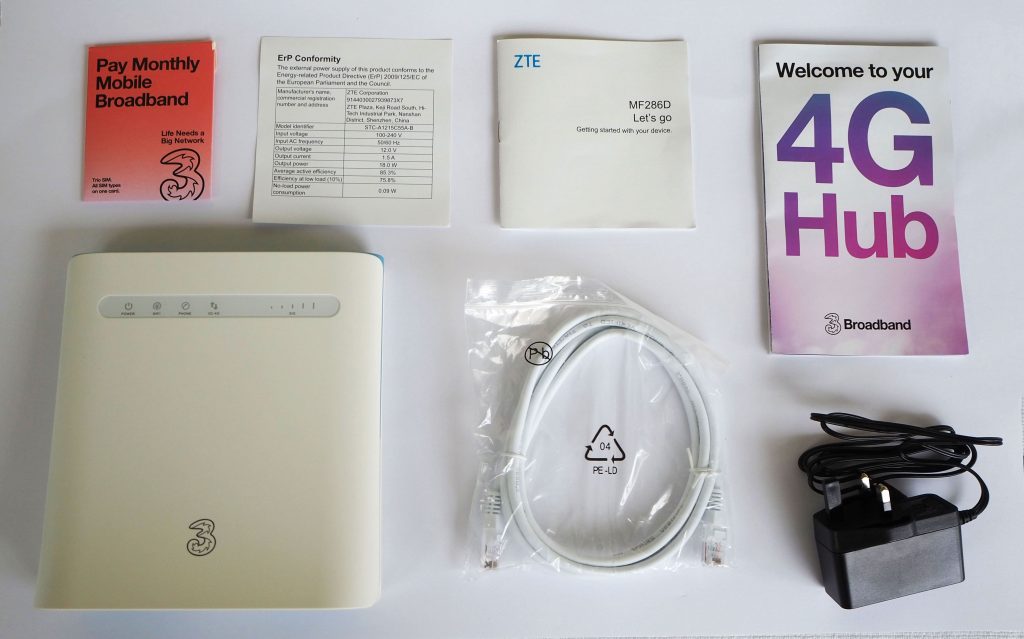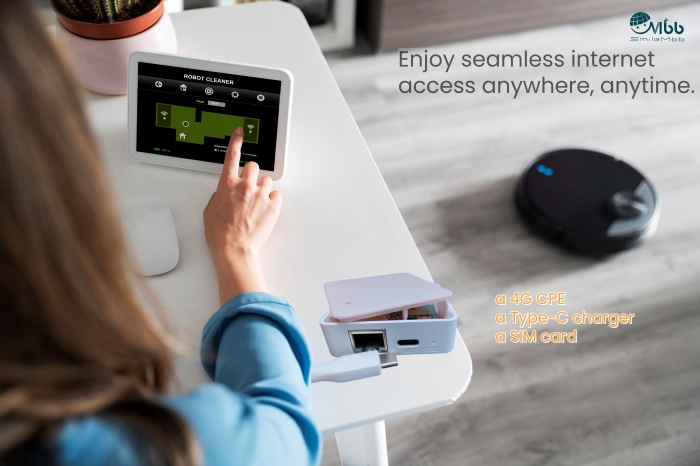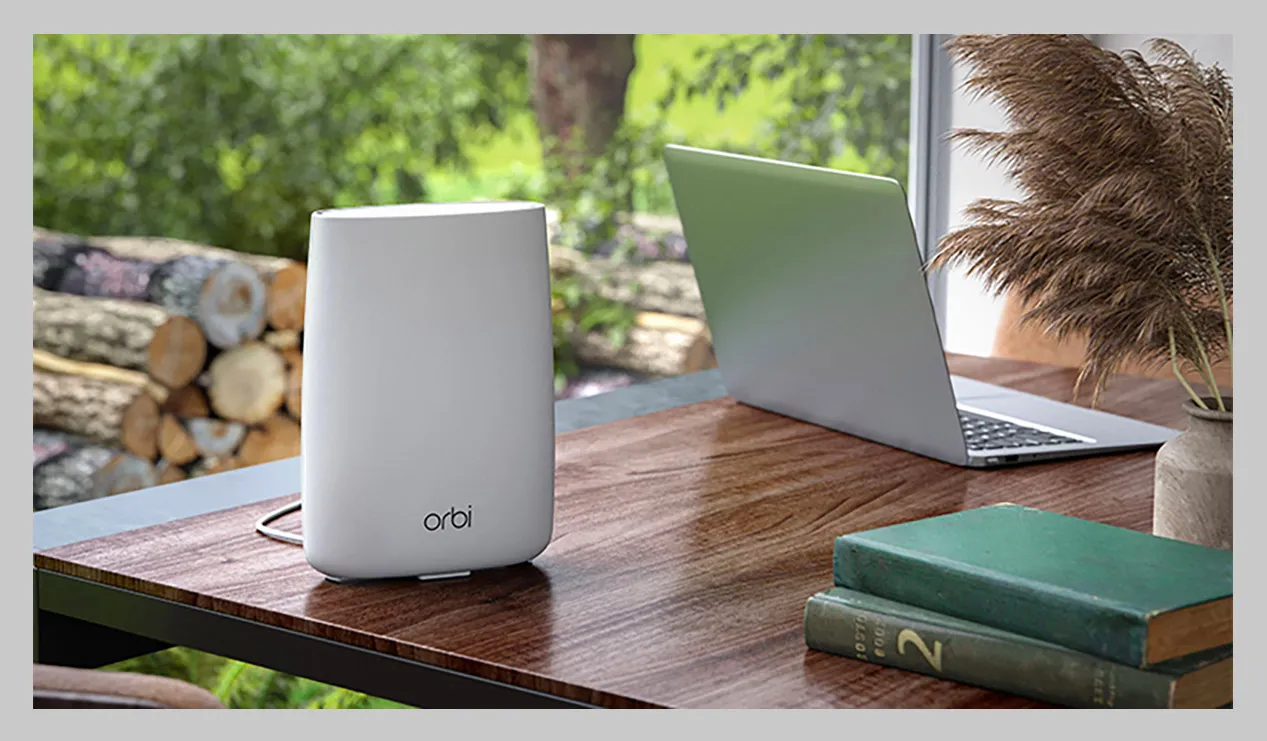4G home broadband has become one of the most practical internet solutions in the UK, especially in 2025 when fast and reliable connectivity is essential for daily life. From working remotely and streaming high-definition content to running smart home devices, households now depend on stable internet more than ever. For many people, traditional fibre or ADSL broadband is either unavailable, unreliable, or too slow, making 4G home broadband an attractive alternative.
Unlike fixed-line broadband, 4G home broadband uses mobile network technology to deliver internet wirelessly to your home. This removes the need for phone lines, engineer visits, or long installation times. With strong UK mobile coverage and increasingly generous unlimited data plans, 4G home broadband is no longer just a backup option—it is a primary internet solution for thousands of homes across the country.
What Is 4G Home Broadband and How Does It Work?
4G home broadband is a wireless internet service that connects your home to the internet using the UK’s 4G mobile network. Instead of relying on underground cables, it works through a 4G router that contains a SIM card, similar to the one used in a smartphone. The router receives mobile signal and converts it into WiFi that can be used by all your devices.
Once the router is powered on, it connects automatically to the nearest 4G mast and begins broadcasting WiFi throughout your home. There is no need for a landline or fibre connection, which makes 4G home broadband ideal for rural properties, temporary accommodation, and homes where traditional broadband installation is difficult. Setup usually takes only a few minutes, making it one of the easiest broadband options available.
Who Should Consider 4G Home Broadband?
4G home broadband is particularly suitable for people who value flexibility and simplicity. If you live in a rural area where fibre broadband is slow or unavailable, 4G home broadband can offer significantly better speeds. It is also an excellent choice for renters, students, and people who move frequently, as the service is portable and does not require permanent installation.
For everyday tasks such as video streaming, online meetings, social media, browsing, and even casual gaming, 4G home broadband performs well. Many unlimited 4G home broadband plans now support multiple users and devices at the same time. While full-fibre broadband still leads in raw speed, a strong 4G signal can comfortably meet the needs of most households in 2025.
Best 4G Home Broadband Providers in the UK

Several major UK networks now offer dedicated 4G home broadband services, each with its own strengths. Three 4G home broadband is widely known for offering unlimited data at competitive prices, making it a popular option for heavy internet users. Its plug-and-play setup and simple pricing structure appeal to households looking for affordability and ease of use.
EE 4G home broadband is recognised for its speed and network reliability. With one of the strongest mobile networks in the UK, EE often delivers faster average speeds than competitors. Vodafone 4G home broadband offers a good balance between coverage, performance, and customer service, while BT provides a 4G home hub mainly as a backup or hybrid solution. O2 is also expanding its presence in the 4G home broadband market, offering flexible options for existing customers.
Comparing 4G Home Broadband Deals in 2025
The 4G home broadband market in 2025 is more competitive than ever. Unlimited data has become a standard feature, removing concerns about usage limits for streaming, downloads, and remote work. Many providers now offer both contract and rolling monthly plans, allowing users to choose between long-term savings and short-term flexibility.
Some deals include a free router, while others are SIM-only, which is ideal if you already own a compatible 4G home router. Prices vary depending on network coverage and performance, so checking signal strength in your area is essential before choosing a provider. With the right deal, 4G home broadband can be a cost-effective alternative to traditional broadband without sacrificing everyday performance.
Choosing the Best 4G Home Broadband Router
A reliable router plays a crucial role in getting the best performance from your 4G home broadband. Most providers supply a pre-configured router designed to work optimally with their network. These routers usually support multiple devices, strong WiFi coverage, and stable connections throughout the home.
Popular options in 2025 include Three’s 4G Plus Hub, Vodafone’s GigaCube, and the BT 4G home hub. Features such as external antenna support, dual-band WiFi, and Ethernet ports can significantly improve performance, especially in larger homes or areas with weaker signal. Positioning the router correctly can often make a noticeable difference in speed and reliability.
How to Improve 4G Home Broadband Performance

Setting up 4G home broadband is quick and straightforward, but a few adjustments can help maximise performance. Placing the router near a window or higher position often improves signal strength, as it allows better access to nearby mobile masts. Avoid positioning the router near thick walls, metal objects, or electrical appliances that may interfere with the signal.
For larger homes, WiFi extenders or mesh systems can help distribute the connection evenly across all rooms. Regularly restarting the router and keeping firmware updated can also help maintain consistent speeds. With the right setup, 4G home broadband can deliver smooth and reliable internet throughout your home.
Is 4G Home Broadband a Long-Term Solution?
4G home broadband has evolved into a strong long-term option rather than a temporary fix. Improvements in mobile network infrastructure and unlimited data plans mean that many households now rely on it as their main internet connection. For users without access to fibre, it provides a dependable and flexible alternative that continues to improve each year.
While 5G home broadband is gradually expanding, 4G home broadband remains widely available and more consistent across the UK. In 2025, it offers an excellent balance of speed, coverage, and affordability, making it a smart choice for a wide range of users.
Final Thoughts on 4G Home Broadband
4G home broadband is a powerful and practical internet solution for modern UK households. With fast setup, wireless flexibility, and competitive unlimited data plans, it meets the needs of remote workers, families, students, and rural residents alike. The ability to get online without installations or landlines makes it especially appealing in today’s fast-moving world.
If you are looking for a reliable alternative to traditional broadband or need a flexible internet option in 2025, 4G home broadband is well worth considering. With strong UK network coverage and improving technology, it continues to prove that wireless broadband can be both reliable and cost-effective.
FAQs About 4G Home Broadband
Yes, most unlimited 4G home broadband plans support video calls, file uploads, and cloud services without issues.
Yes, many providers now offer unlimited data plans designed specifically for home use.
No, 4G home broadband is completely wireless and does not require a phone line.
In many areas, 4G home broadband is faster and more reliable than ADSL, especially where copper lines are outdated.
Yes, most services are portable, allowing you to take your router with you wherever there is mobile coverage.
You may also read: The Importance of Bread in Bread Meats Bread’s Burgers


